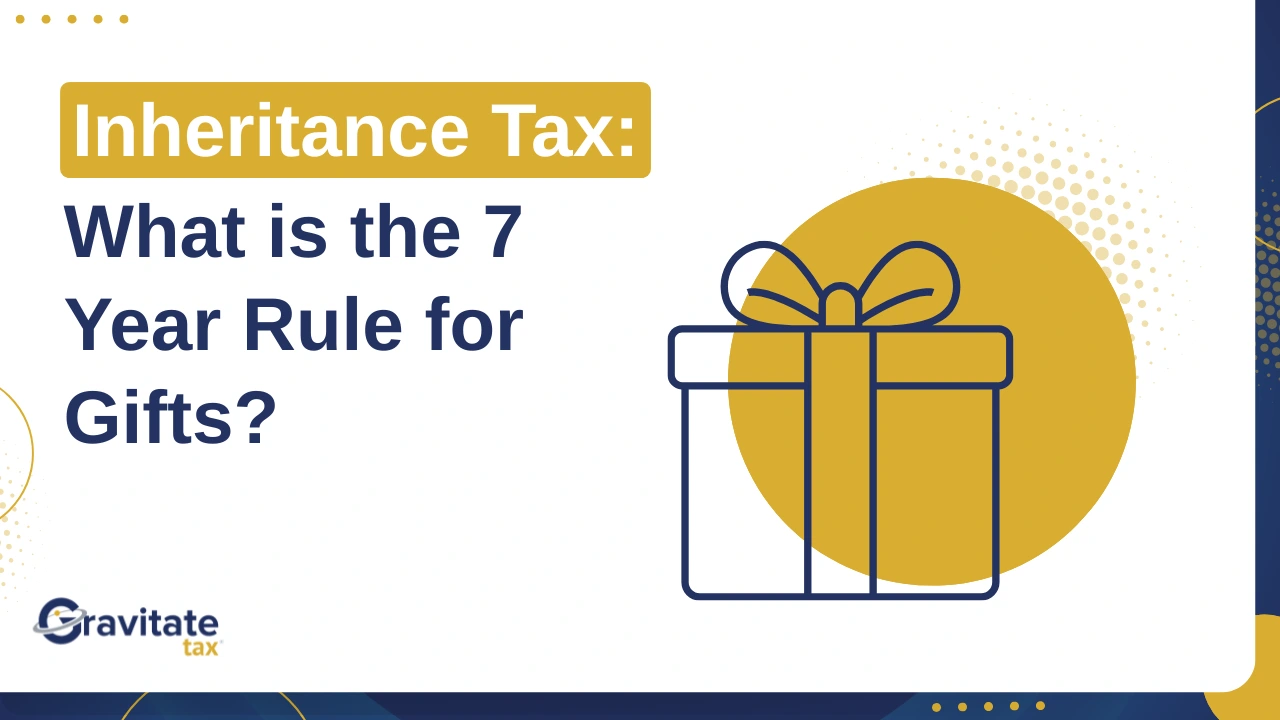Determining the exact value of your business can be a complex task. A business valuation is the process of assigning a monetary value to a company. Whether you're considering selling your business, attracting investors, or simply understanding its financial health, a comprehensive valuation is essential.
But why is understanding the factors that impact valuation so important?
Knowing what drives your business's value empowers you to make informed decisions. From strategic planning to negotiation, a clear picture of your company's worth is invaluable. In this blog post, we'll delve into the key factors that shape a business valuation. By understanding these elements, you can gain a competitive edge and make more informed choices for your business's future.
Valuations: Market and Operational Factors
Sector
If you have a business or business idea that is ‘tech’ related or highly innovative your business is far more likely to attract a higher profit multiple, and even a high revenue multiple.
This is because investors/buyers often see huge growth leading to a high return on investment.
Revenue/Income Type
If your business has ‘sticky’ revenue or your revenue model is based on a highly recurring basis, again your business is more likely to attract a higher profit multiple or revenue multiple.
Demonstrating your revenue projections are easily predictable and that customers are tied in will likely be reflected in a favourable business valuation.
High Barriers to Entry
Is your business or business model hard to copy or has high barriers to entry? Demonstrating a strong market position can significantly increase a business valuation.
Profit adjustments
Below are a list of a few ‘profit related adjustments’ to be aware of that can dramatically impact valuation.
Normalised Remuneration
A ’lot of SME business owners will take a small salary and dividends as part of their remuneration. This means that the operating profit of the business is overstated.
An adjustment is required to normalise this cost and to obtain a true operating profit.
Depreciation
Often added back in valuations however if your business is capital intensive and requires consistent capital investment to continue to generate its returns, it would be normal to include a normalised CAPEX spend adjustment.
Exceptional Costs
These can be any cost deemed to be one off in nature e.g. legal or professional fees associated with a sale of a business.
Impact of Profit Adjustments
Simple worked example; If a business is valued on a profit multiple basis, say x6 multiple, a £50k adjustment in the most recent trading year could potentially be a £300k adjustment to the overall price (dependent on weighting).
It is therefore important to think about each and every cost line in the business, particularly when a business is likely to be valued on a high profit multiple.
Conclusion
The above merely scratch at the surface of impactors of a business Valuation but we think it is important business owners (buying or selling) understand the fundamentals of a business valuation in order to make informed decisions.
Most will argue a business is only worth what a buyer is willing to pay (which is true), but being armed with a robust widely accepted theoretical approach is also key to ensure a valuation is fair and accurate (from a HMRC clearance perspective) and puts business owners in a strong negotiation position when selling/buying with a potential buyer/investor/seller.

.png)


.png)

.png)
.png)

.png)
.png)
.png)













.png)
.png)
.png)

.png)
.png)

.png)



.webp)
.webp)












.jpg)

.webp)
.png)

.svg)
